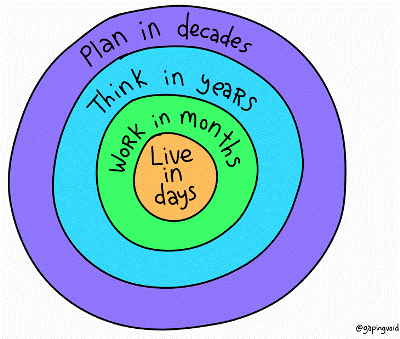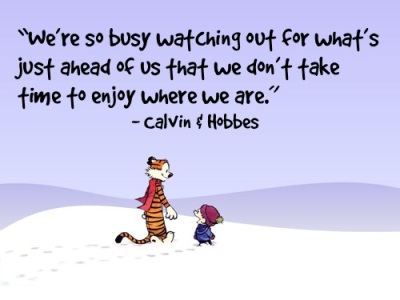At last a contrarian book about the general advise “Follow Your Passion”! – and I do love all things contrarian in particular when they are well argued. In the book ‘So Good They Can’t Ignore You: Why Skills Trump Passion in the Quest for Work You Love‘ (which I highly recommend), Cal Newport argues that it is not useful and even possibly a dangerous piece of advice.
 Cal argues that you need to earn career capital before you can really concentrate on what you like best, and that most people actually discover their passion by developing their skills (and not the reverse where people develop skills to fit their passion).
Cal argues that you need to earn career capital before you can really concentrate on what you like best, and that most people actually discover their passion by developing their skills (and not the reverse where people develop skills to fit their passion).
Hence his conclusion that skills and ability trump passion, and that you need first to be so good at something that you basically can then carve out a freedom space to specialize further in what you particularly like.
An interesting career consequence for young people is that the advice is then to first develop a career in a conventional way to learn and enhance skills up to the point of becoming indispensable, where it is then possible to gain freedom and do new creative stuff.
I found this book enjoyable and useful, so in a few next posts I will continue to comment some of its ideas.











